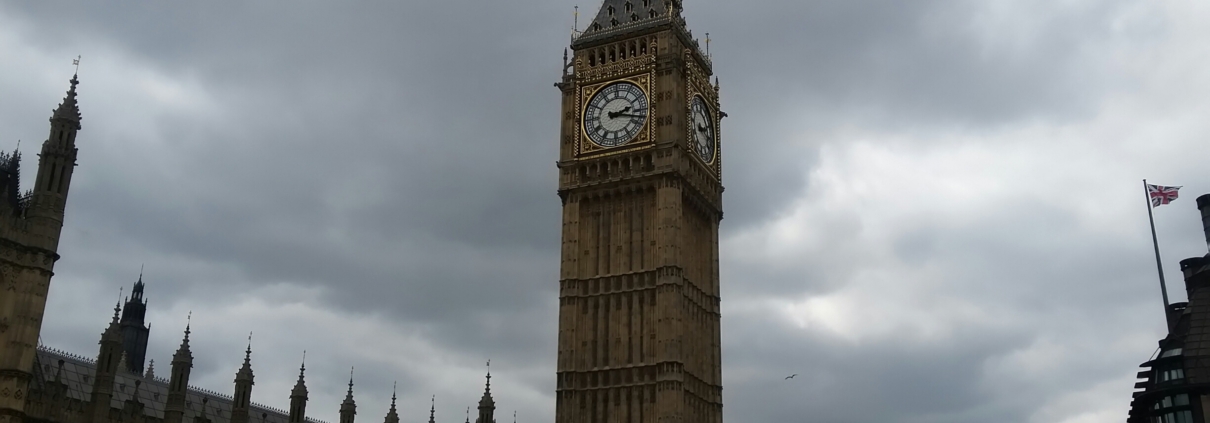Is Labour getting to grips with public procurement?
It is nine months now since the Labour Party was elected to power in the UK. Most of the country – including me – were happy to see the end of the incompetent Conservative government, and although I voted LibDem, I was pleased to see a change at least.
I had high hopes that Labour would take a serious look at government procurement, cost management and allied to that, fraud and corruption in the public sector. But in these areas, there has been little really to get excited or enthusiastic about. Yvette Cooper announced that the Home Office was taking some sensible steps, and we had the freeze on ‘purchasing cards’ in response to what seemed to be some lack of control on expenditure. But we haven’t seen much of a co-ordinated and structured drive to reduce costs, despite the looming economic crisis for the government and the country.
To be fair, there has been plenty to keep the government occupied. Ukraine and the seismic Trump upheaval, as well as ongoing pressures from immigration, the NHS and more has clearly led to an incredibly difficult agenda. But the lack of any real focus on tight management of costs is disappointing, and indeed government borrowing hit record levels last month, well above the expectation.
Some of us got excited by the creation of an ‘Office for Value for Money’. But that looks now like a performative move, creating an organisation without much power or pace. It has a part time chair, contracted just for one year, supported by “a multidisciplinary team of up to 20 civil servants based in HM Treasury”. That ‘up to’ is always a give-away. Members of Parliament on the Treasury Committee have already suggested it is under-resourced, duplicates the work of others and is unlikely to provide value itself.
It’s first recommendation was that Treasury should introduce “a rolling programme of VfM (value for money) thematic reviews in the years between spending reviews, with the first set of reviews to take place in 2026”. Well that really gets the blood racing, doesn’t it? Perhaps that is a sensible ‘machinery of government’ initiative but it isn’t going to help address the UK’s £151.9 billion 2024/25 deficit (which means the government borrowed £3000 for every adult in the country last year, a scary thought).
Another disappointment came with the appointment of the ‘covid corruption czar’ – renamed the Covid Counter-Fraud Commissioner. Tom Hayhoe was appointed in December on a one year contract for three days a week. (I can only assume they wanted him and knew he could only do three days a week so advertised the job like that). Again, he will have a ‘small team in the Treasury’. So what have they delivered so far? I can’t find evidence of anything.
Another indicator of a lack of real focus on procurement spend is that in the first six months of the Labour government, spend on consultants was the highest since 2020, during the pandemic, according to data firm Tussell. About £838 million in consulting contracts were awarded in the latter half of 2024, compared to approximately £620 million over the second half of 2023 and £480 million in 2022. And recent tenders issued by the government’s central buying organisation, Crown Commercial Services, seem to focus more on CCS revenues and profit (‘let’s make sure all the big firms get a place on our frameworks’) rather than trying to improve value for the taxpayer.
The revolving door between top officials and suppliers continues too. “Sir Alex Chisholm, who was the second most senior civil servant in the country, has become a senior adviser at Boston Consulting Group (BCG).” The committee that monitors these moves, ACOBA, continues to be a waste of space. At least Rachel Reeves, the Chancellor, has finally realised that accepting free tickets for gigs is not a good look for someone in her position. But then the Prime Minister didn’t initially seem to see anything wrong with gifts of clothes from donors.
Generally the whole climate around spending public money does not really seem to have changed since the Tories were in power. I hoped for a new era of probity, reform where it is needed, tight financial management, focus on procurement, and a crackdown on corruption. Unfortunately, I’m not seeing it so far.









Leave a Reply
Want to join the discussion?Feel free to contribute!